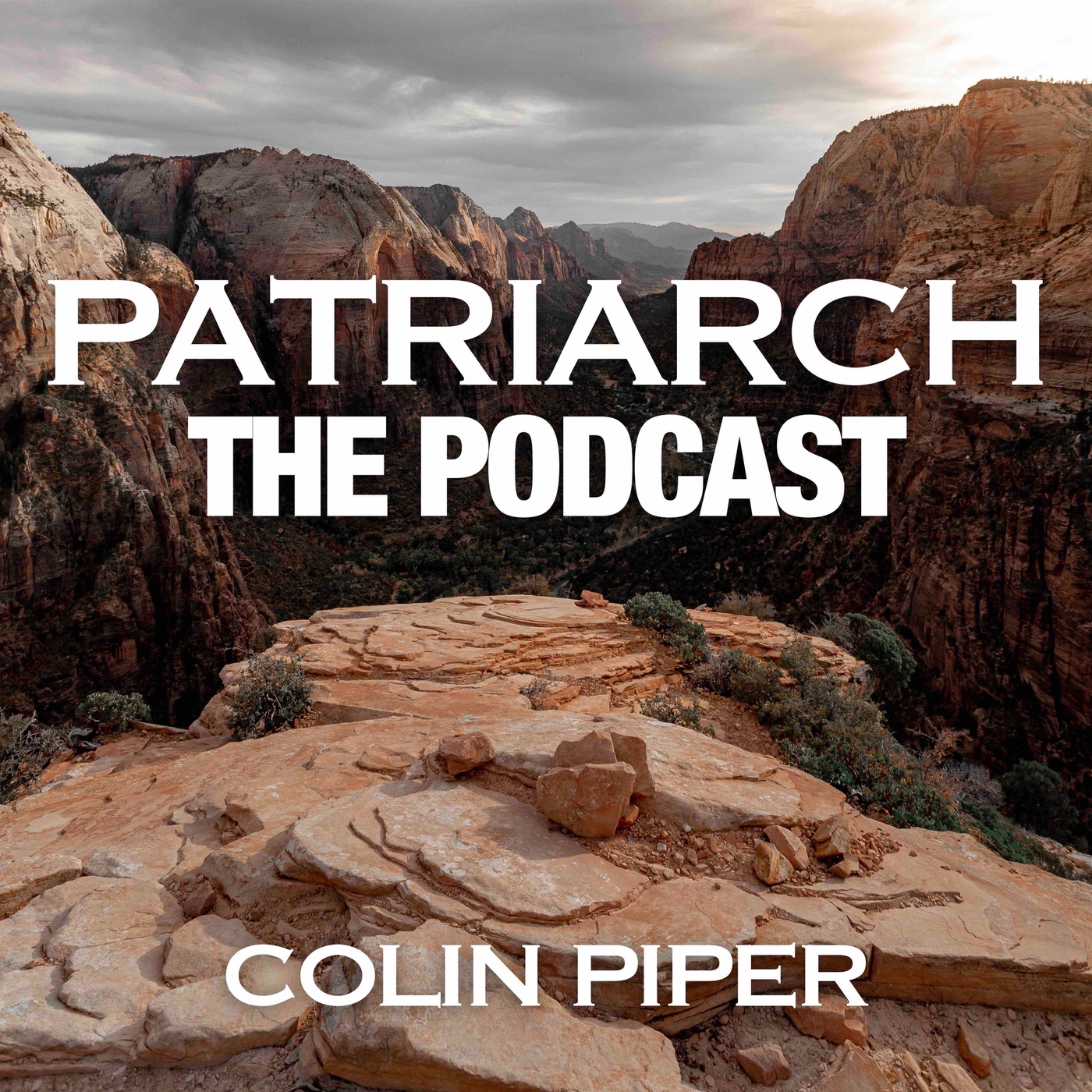Patriarch Chapter 1 Part 7
Abraham had made it to the land where he would ultimately settle but that time was not yet! My personal pilgrimage story is that I so often seem to have to go round and round in circles until finally I’m ready for what God has for me. It’s so frustrating but always necessary. We don’t know just why Abraham headed off to the Negev and from there to Egypt to face huge personal challenges. It was probably a whole mix of things, including fear and uncertainty, as well as the need to deepen his walk with the God he was still getting to know. My hunch is the hostility and downright evil he experienced in Canaan probably exposed these frailties. Abraham was moving from agnosticism to a personal faith through revelation. He was on a journey, and the cultic worship he would have encountered in Canaan would have been a shock. It’s hard for us, particularly westerners like me, to comprehend this. Our exposure to spiritual things is limited at the best of times, and few in my culture talk about powers of evil and a spiritual battle. But it is real, and the battle in Canaan was hotting up. Abraham began to worship far more publicly and this must have illicited a response from the cultic priests of the day. Once again I’ve sought to downplay the details of what this confrontation could have involved. But we are in a battle between good and evil, far more hideous than any of us could ever imagine, and we need to be wise to the fact. Our walk with God isn’t through meadows with pastel skies. It’s trench warfare. I’d love to hear your reflections at biblenovels.com or the Biblenovels facebook group.

